Why the hair transplant procedure is too popular among the people of India?
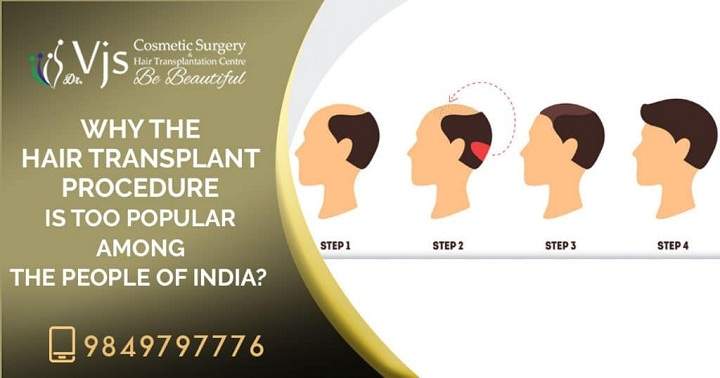
![]()
Know how Hair transplant provides a natural look to a person with bald patches.
What can bodybuilding supplements do to the hair follicles and hair growth of human beings?
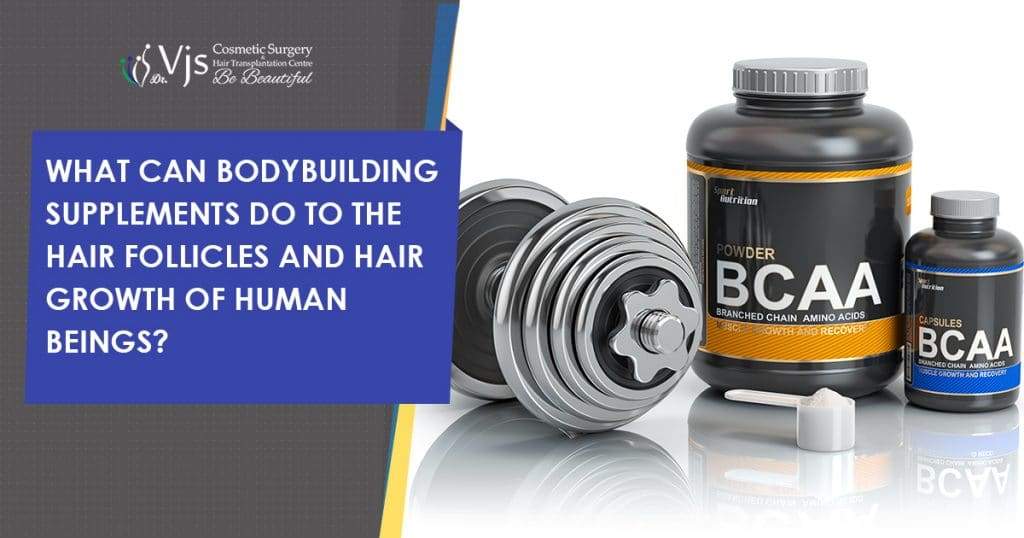
![]()
The young individuals nowadays are extremely focused on attaining a definite shape of the body. They are very much into making a six-pack abs, eight-pack abs, strong muscles, athlete type body. For this, they join the gym and consume a lot of things such as body supplements and give up on eating many things too. These body supplements are possibly harmful to their body. Do body supplements result in the loss of hair? Body supplements can definitely lead to hair loss. The reason behind this is while they are giving the desired muscles mass and shape to the body of the individual, they are inducing hair fall on the other side. This is because body supplements such as protein shakes, creatine, and growth hormone supplements contain elements that are responsible for the increase of testosterone in the male body. With the increased testosterone level, there is muscle gain as wanted by the male. However, this also brings about an increase in DHT. DHT is a hormone that is responsible for the loss of hair follicles when present in excessive amount. Thus, the increased level of DHT leads to falling of hair and baldness. It must be noted that all the protein shakes do not lead to loss of hair. Rather, protein is vital for the growth of hormone but certain elements present in some specific types of protein shakes cause hair fall. These can be non-organic protein shakes that have growth hormone in them or protein shake that has branch amino acids. The protein shakes that are growth hormone free or whey protein shakes can help both in bodybuilding as well as hair growth. What can be done to counter hair loss caused by body supplements? Now when it is clear that body supplements are the culprits by raising the presence of DHT which ignites hair loss, it is important to reverse the hair fall caused by the same. The best way to do this is by stopping the consumption of creatine and supplements that contain growth hormones to stop the hair loss. Discontinuing these will also result in re-growth of the hair follicles when the body returns to its normal functioning. The other way is to introduce Propecia or Minoxidil to reverse the effects of DHT in the male body. Including healthy diet enriched with vitamins, minerals, and good fats are essential to support and speed up the hair growth. Exercising is also a good option to support hair growth as it increases blood circulation and the increased flow of blood and oxygen reaches the scalp and supports the growth of hair follicles. Secondly, it releases tensions and stress which are detrimental to hair growth. The last method to restore the lost hair follicles is hair transplant if no treatment responds to hair fall. All in all, hair fall induced by body supplements as long as they are taken. Once their consumption is stopped, the hair starts regaining in a short span of time.
PRP therapy-: Is Platelet-Rich Plasma Therapy for Hair Loss adequate for you?
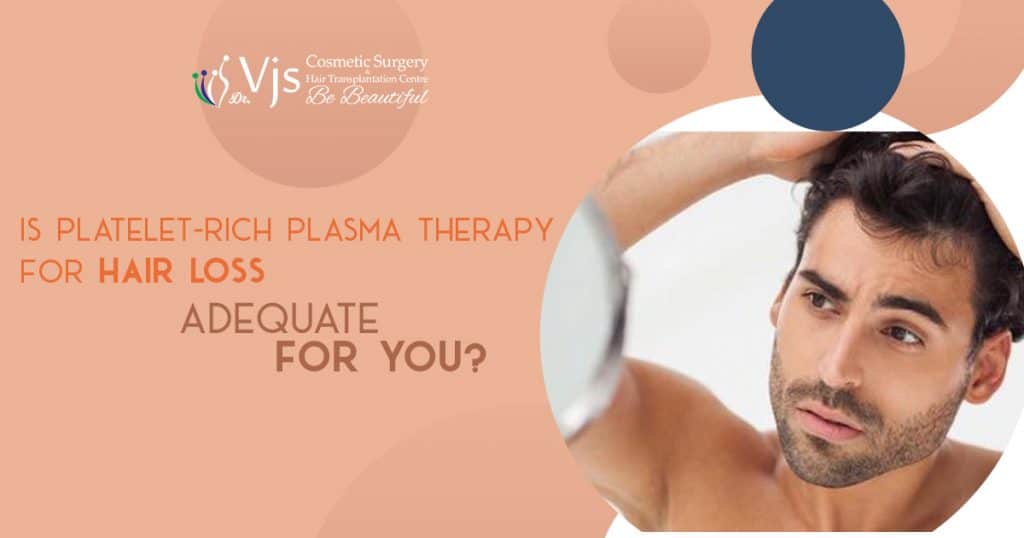
![]()
What is PRP Treatment? Platelet Rich Plasma therapy is a medical procedure for hair loss treatment. This therapy is acquired from the patients own blood and comprises basically of platelets and other blood parts, for example, plasma, nutrients, and minerals. Platelets are in charge of recovering and contain active particles called development factors, which are useful for the normal recovery of harmed tissues. PRP includes concentrating the platelets found in the blood test. In addition, making it amazingly helpful for both people hair transplantation programs. The main role of utilizing PRP in hair restoration is to stimulate recently embedded hair follicles into an active development stage after the hair transplant. PRP hair loss treatment is a non-surgical option provides patients with scaling down and hair thinning improvement in hair thickness. Moreover, the results of PRP therapy for hair loss may vary according to the patient’s health condition. The Procedure of PRP therapy Doctors started utilizing PRP treatment about 10 years back to accelerate the recovering procedure in harmed joints after damage or medical procedure. During the treatment, an expert draws your blood and spins it in an axis to separate out the plasma and platelets. Specialists at that point inject the plasma, which enables wound healing, repair veins, stimulate collagen generation, and advance cell development. The primary reason for utilizing PRP is that the high concentrations of platelets in plasma cells help advance hair development by dragging out the developing period of the hair cycle. The surgeons inject plasma into the affected area of the scalp where actually the hair loss happened. They regularly manage injections from month to month for three months. Afterward, spread them out over around four months for as long as two years. The injection schedule will rely upon your amount of hair loss, hereditary factors, age, and hormones. Advantages of PRP therapy PRP therapy is useful for people with excessive hair loss. Because it is useful to stimulate hair growth naturally. In addition, PRP therapy for hair loss also offers you many benefits that may improve your hair quality. Platelet-Rich Plasma Therapy is likewise increasing your hair volume, fullness, and density. Moreover, it is valuable to increase survival and strengthening of existing hair, which is useful to reduce the risk of hair loss. This is the only non-surgical and non-pharmaceutical treatment that has proven its efficacy and strength. Moreover, PRP therapy is useful for the patient’s overall satisfaction. This therapy can be utilized in conjunction with other therapies and medicines for hair loss. Other hair loss medications and PRP therapy There are many other hair loss treatments that are useful such as minoxidil and finasteride. But these medications can cause dryness and itching to the scalp. Moreover, it can lead to sexual dysfunction in men. Whereas, PRP therapy is too effective than these medicines because it provides you better results.
What are some of the questions raised by individuals regarding the beard hair loss?
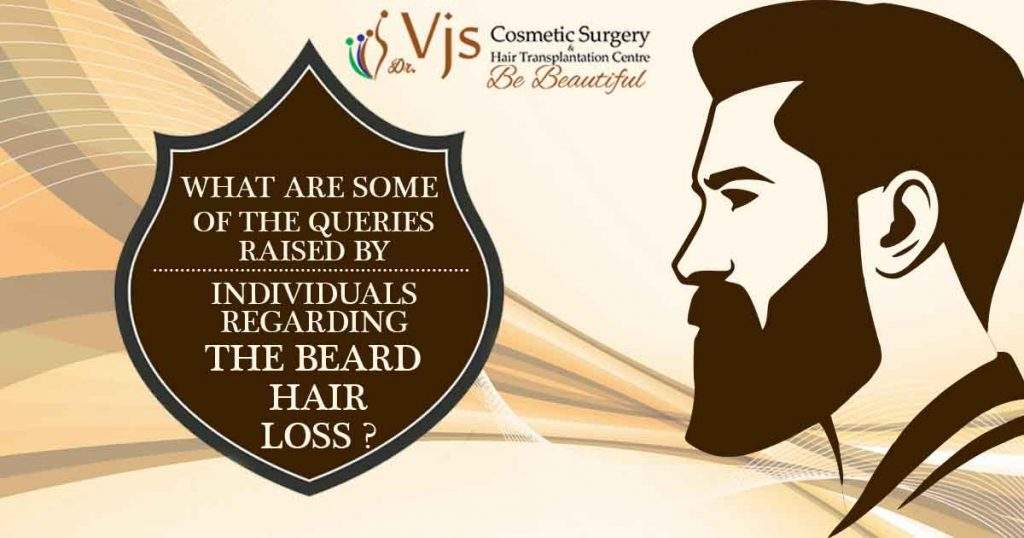
![]()
The hair fall is not restricted to scalp only and men may encounter loss of hair of beard too. This gives rise to various queries in their mind about beard hair loss.
Some hair hacks a girl should be aware of that can transform the way she styles her hair
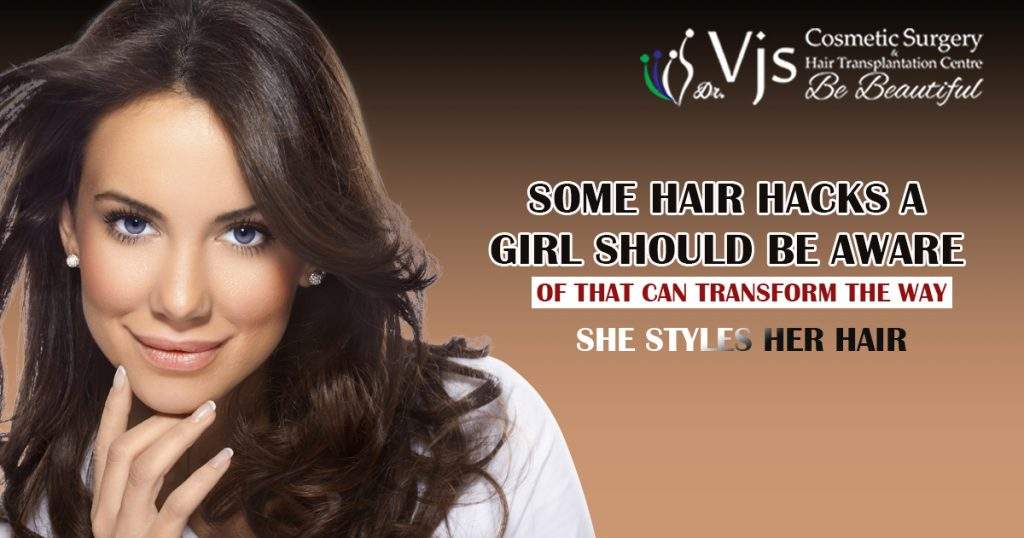
![]()
Have beautiful hairstyles look without having to rush to the salon just read here some tricks.
What is the difference between the two – Hair Transplant and Hair Replacement?
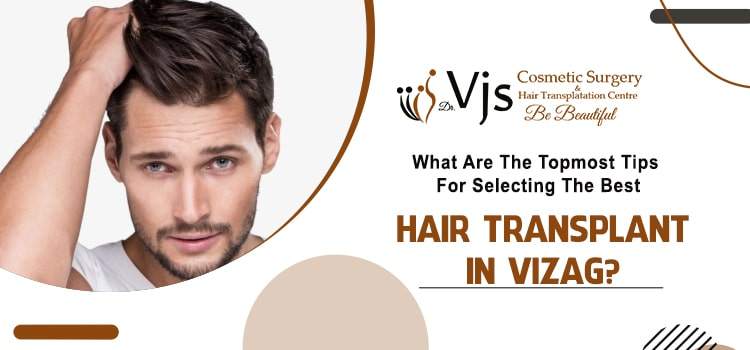
![]()
find the difference between the simple interest Hair Transplant and Hair Replacement also know about their benefits.
Five Frequently Asked Questions About Beard Hair Loss which offer the ultimate information
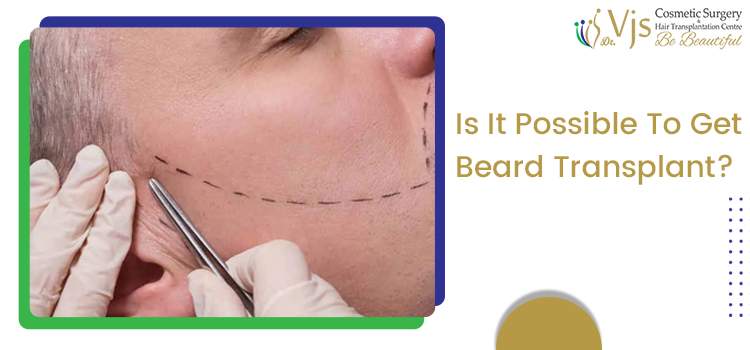
![]()
We have sourced the best question and answers for you about beard Hair Loss
Top 6 Questions You Should Ask Your Surgeon About Hair Transplant
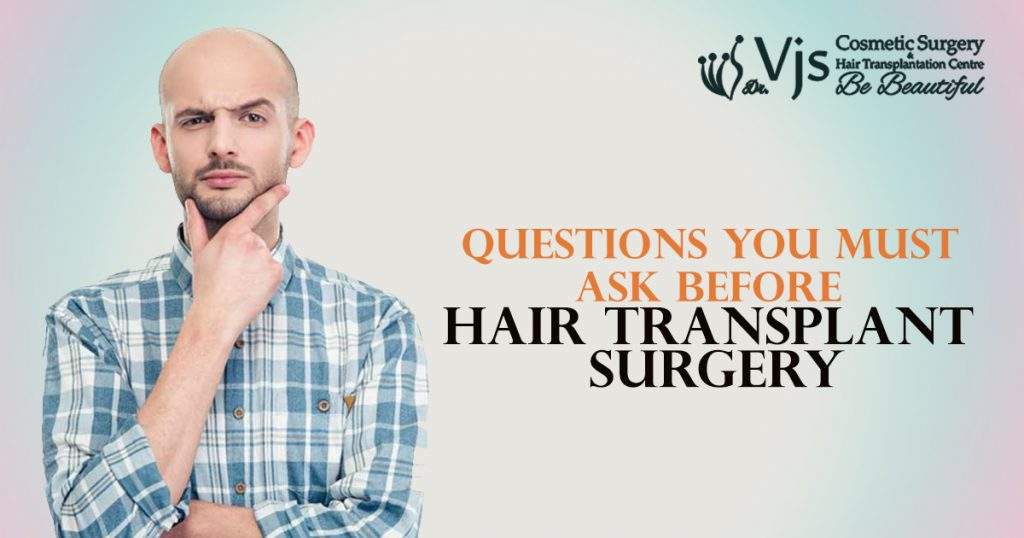
![]()
Here are the top 6 Questions that you Surgeon must ask to your doctor before having Hair Transplant
Some potential Side Effects of Straightening Hair

![]()
Everyone who is not having naturally straight hair wants to have poker straight tresses and in this urge of having straight hair, you choose to straighten your hair whether at home with straightening iron or at the salon with chemical treatments. After the hair straightening treatment you can get the straight hair that flows unfettered in the wind but have you ever thought that there can some side effects of this straightening treatment. Dryness Hair straightening can cause dryness of hair as chemical treatments and the iron works by seeping all the moisture of hair and even can rob natural oils of your hair and make them dry and brittle. Frizzy hair Well, we choose to straighten of hair to get escape from curly and frizzy hair but at the end, this treatment also leads to frizzy hair as discussed above hair straightening irons and the chemical treatments can make your hair dry so this immediate dryness of hair can make them frizzy. Breakage of hair strands If you have chosen hair straightening then it can give you straight hair but not the healthy hair as the chemical treatments make the hair dry and weaken the structure of your strands due to which hair become susceptible to breakage from middle The problem of split ends Split ends are not good for healthy and growing hair and indicate the fragile state of your hair. As the hair straightening can weaken the hair follicles due to which split ends can form and make your tresses look unsightly Dull hair As we have discussed above chemical treatments and excessive use of heating irons can seep out the natural oils and moisture of your hair due to which hair can become brittle and weak, so after hair straightening, you can be left with dull and lifeless hair. Hair loss Much exposure to chemicals and heat can weaken your hair roots due to which you can experience hair loss. If you have taken the permanent hair straightening treatment then your hair has to bear the repeated exposure to chemical relaxants due to which your hair follicles can get dead and you could have permanent hair loss. Even due to hair straightening some patients experience the problem of bald patches so they further go for a hair transplant to restore their hair. Scalp Itchiness Inactive hair follicles can also lead to underproduction of natural oils that keep your scalp moisturized so after hair straightening you may have dryness, flaking like scalp issues that can promote scalp itchiness Slower hair growth After the straightening your hair roots can get damage and even can get killed due to which their growth may get disturbed so after this treatment you can experience the problem of slow or no hair growth Allergic reactions Some people have an allergy from some chemical products so after the chemical treatment they could get infected, rashes or some other scalp issues due to allergic reactions.
What is the connection between Lupus and Hair Loss? Describe the symptoms and treatments of Lupus?
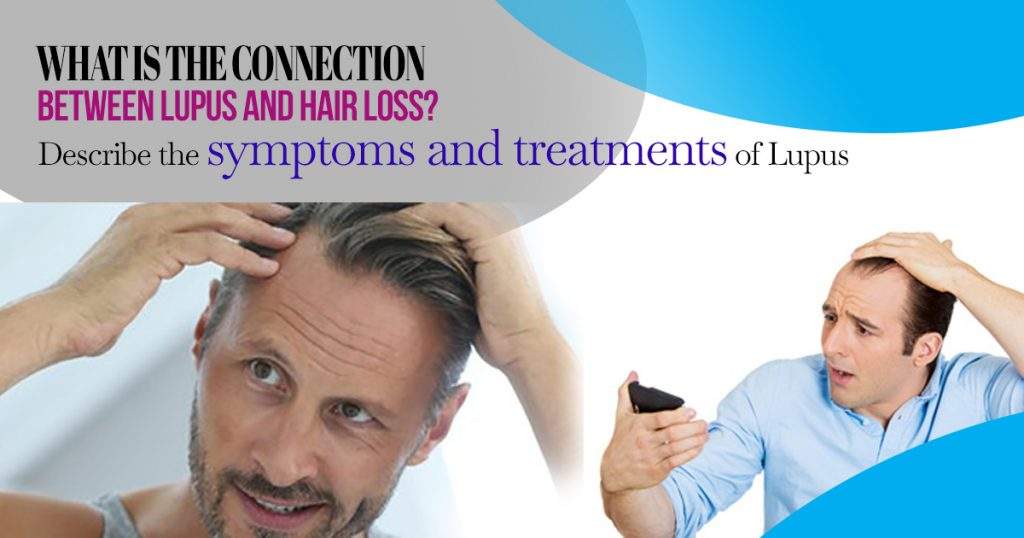
![]()
It is a disease that experiences cycles of flare-ups and remission.
